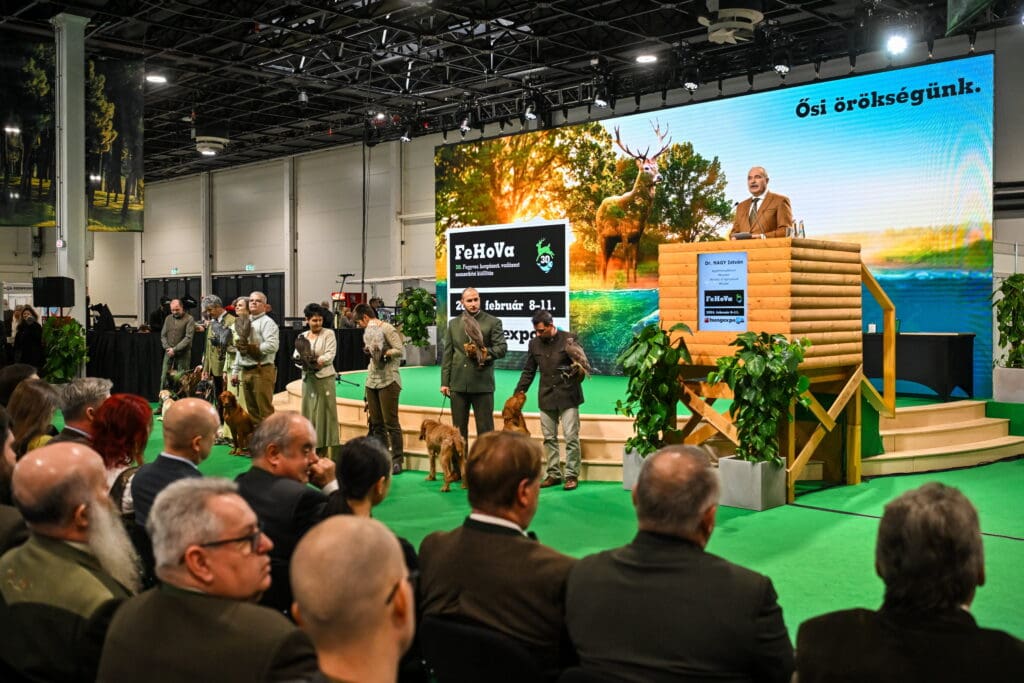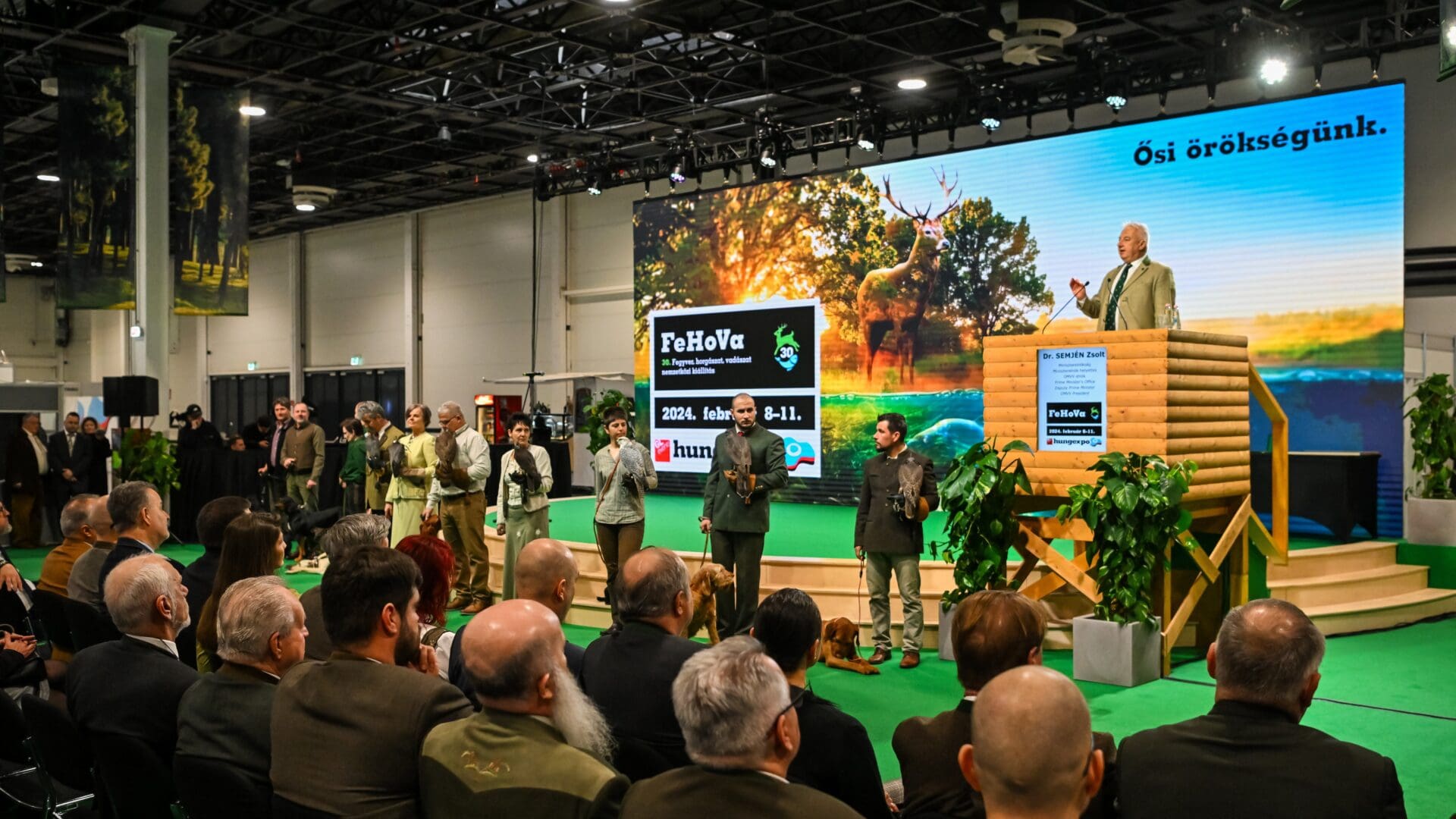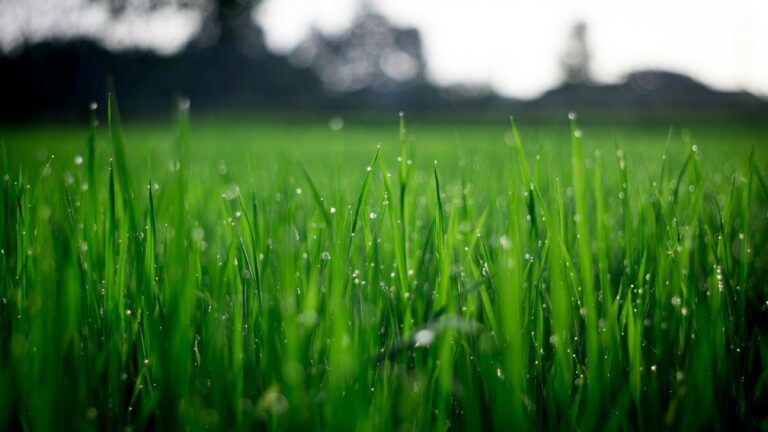‘Hunting plays an indispensable role in wildlife management and responsible environmental stewardship,’ Zsolt Semjén said at the opening ceremony of the 30th FeHoVa (Arms, Fishing, Hunting) exhibition at the Hungexpo Budapest Congress and Exhibition Centre on Thursday.
‘In the past year, reasonable and realistic laws and fair regulations were enacted based on the proposals and requests of the Hungarian hunting community,’ the Deputy Prime Minister stated, who is also the President of the Hungarian Hunters’ National Association. He highlighted the resolution of disputes arising from collisions between wild animals and vehicles as a key issue, because ‘in the past, courts have almost always rendered disparate judgments’, he remarked. Semjén welcomed the new legislation, which states that the hunting party cannot be held responsible for collisions when game strays onto the road due to its natural behaviour. He also concurred with holding operators accountable for preventing game from entering motorways, as ‘they charge tolls for various reasons, including this,’ he emphasized.
He also sees the resolution of agricultural damages caused by game as an equally significant challenge but considers it an important step forward that cases of damage caused by game cannot be settled without the knowledge of the hunting rights holders, and that a report can be made to the local notary instead of the public notary. With the involvement of the Hungarian Chamber of Agriculture, the newly established game damage protocol serves as a verifiable guiding principle to assist in estimating damages caused by game. At their most recent meeting, hunting organizations and agricultural advocacy groups agreed that rather than litigation, ‘they should encourage consensus and partnership in matters concerning both hunters and producers,’ Zsolt Semjén said, stressing that game should not be seen as a natural disaster, as wild animals are at home in nature everywhere, in fields and forests alike.
The Deputy Prime Minister believes that while those complaining about the overpopulation of big game have a point, this only applies to certain regions, not the entire country. Wild boar populations, for instance, have significantly declined in recent years due to African Swine Fever. It is also primarily necessary to reduce the number of deer, otherwise diseases may emerge and decimate overpopulated herds, Semjén added. He noted that the Chamber of Agriculture and the Hunters’ Association are assisting in the resolution of game damage cases as expert mediators. In addition, advocacy groups agree that the size of the wild population should not be based on estimates, but on scientific accuracy, and that it should also be determined how large a population a given area can support. Semjén relies on the assistance of academic and university experts in conducting surveys, too.
Minister of Agriculture István Nagy also believes that
hunting plays a key role in maintaining healthy game populations.
Game is a national treasure of the country, and their populations are as much a part of the individual character of Hungarian landscapes as other natural features. Alongside optimal-sized populations, wildlife management can operate in harmony with agriculture and forestry. Therefore, one of the important tasks in the coming years may be to reduce the number of game, if necessary, while improving the quality of their populations. In the 2022–2023 hunting season, the sector’s revenue exceeded 3 billion forints. Hungarian game meat is a popular product throughout Europe, with nearly 90 per cent, about 3,500 tons, exported annually, mainly to Germany and Italy. The minister noted that the government is considering the possibility of banning ‘politically driven fashion trends’ such as lab-grown meat, arguing that safe food, which largely praises the work of game managers, deserves recognition. ‘The relationship between fertile land and people should not be broken but strengthened,’ he concluded.

The minister praised the achievements of recent years, as experiences have shown that regional chief gamekeepers operate auspiciously, the reorganization of wildlife management councils has proved successful, and administrative burdens on hunters have significantly decreased as well. Bureaucracy reduction will continue with the introduction of electronic hunting logbooks, which will be voluntary instead of paper-based from March 2025. The government is committed to improving the condition and adaptability of forests, and due to rural development funds, the proportion of forested areas may increase from 22 per cent to 27 per cent. Nearly 45,000 forests have been established in the last 10 years, and nearly 310 billion forints in rural development funds will be allocated to forests by 2027. Support can be requested for Natura 2000 areas, forest structure modifications, and the creation of inherited forests. ‘The first applications will be released in the coming days,’ the minister added.
Read more:
Sources: Hungarian Conservative/MTI








